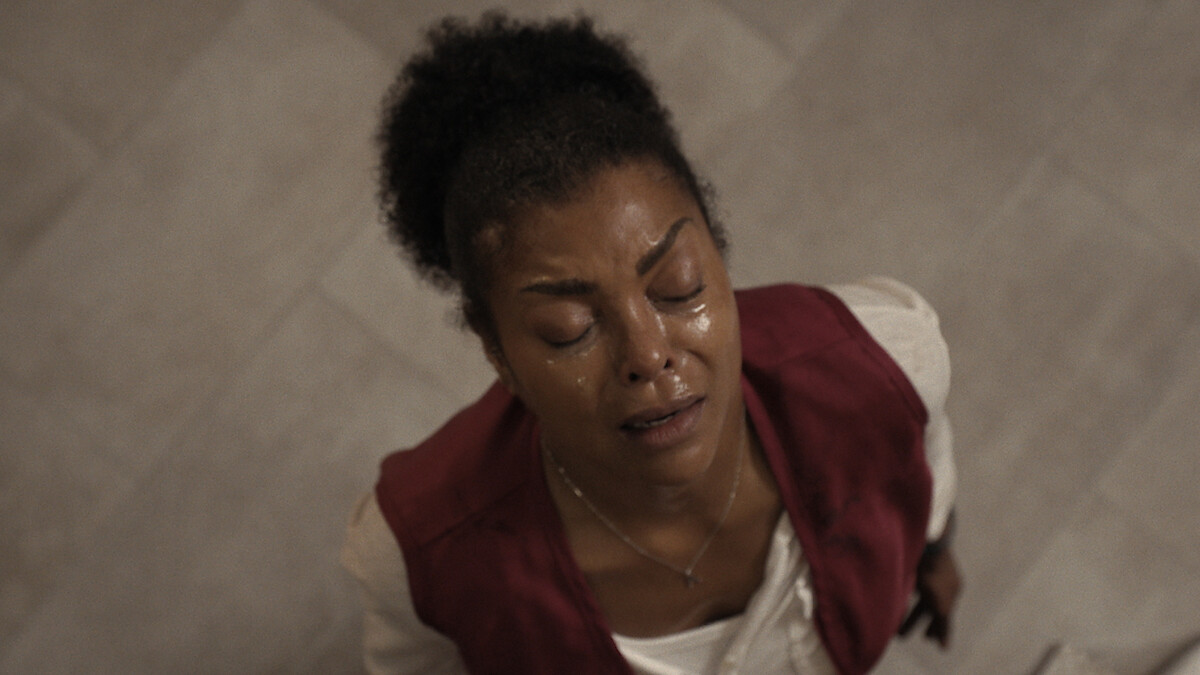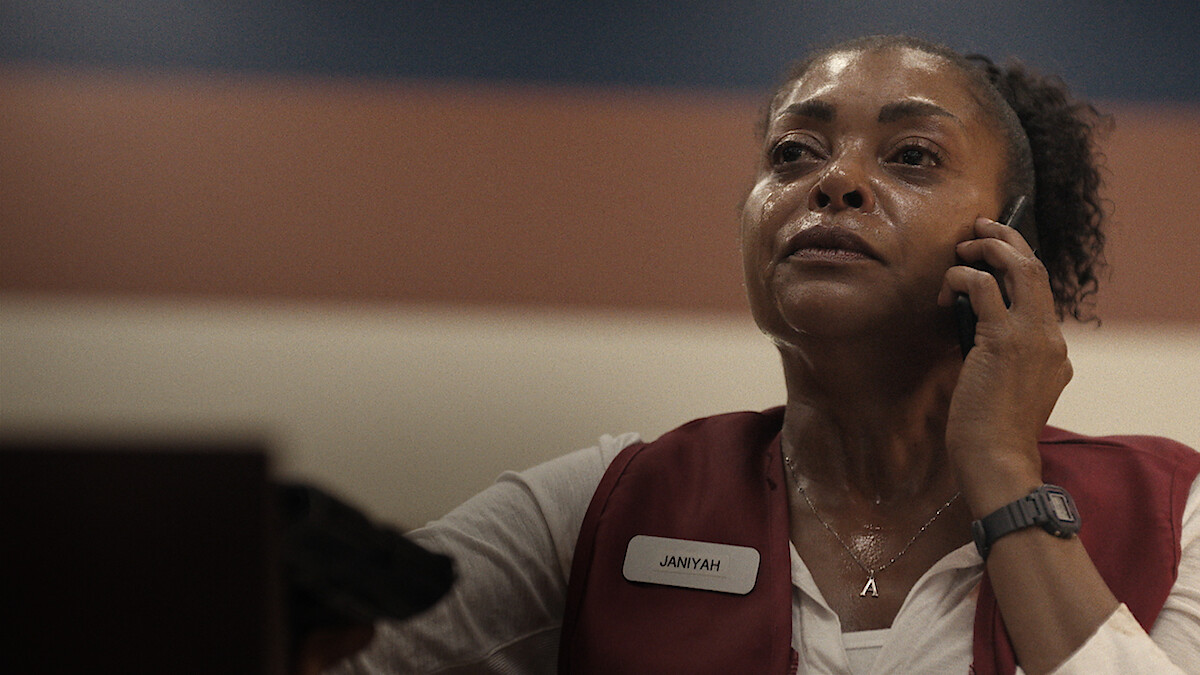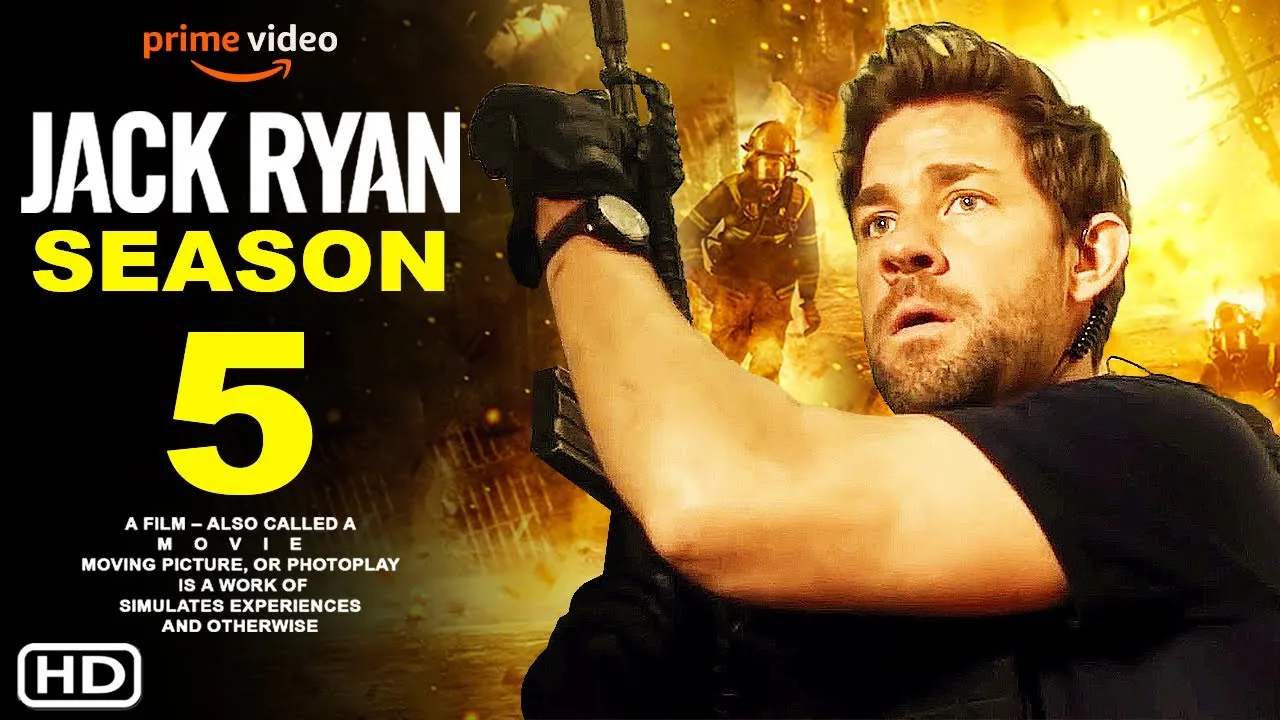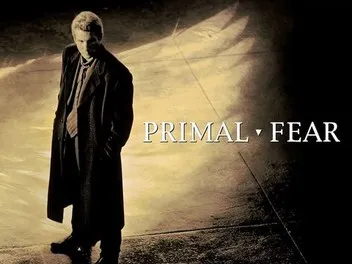When the weight of silence becomes too heavy, it takes just one straw to shatter everything
In Straw, Tyler Perry delivers his most emotionally raw and psychologically charged film to date—an unflinching exploration of family trauma, generational pain, and the breaking point we all fear to reach. Set in a small Southern town haunted by secrets and silence, the story follows Darlene Whitmore, a strong but weary single mother whose carefully built life begins to unravel when a long-buried family incident resurfaces. What begins as a quiet domestic drama quickly intensifies into a slow-burn emotional reckoning, where forgiveness must be earned, not given—and truth, once unearthed, changes everything.
Perry, best known for his iconic Madea comedies and heartfelt melodramas, shifts tonal gears with Straw, offering a layered, somber meditation on the cost of silence. Darlene, played masterfully by Taraji P. Henson, is not a woman on the verge—she’s a woman who has been holding everything in for decades. Her relationship with her estranged father, a once-respected pastor returning to town under suspicious circumstances, becomes the center of a storm that threatens to tear their already fractured family apart. The film poses a devastating question: What happens when the person who hurt you also raised you?

The narrative weaves back and forth through time, unspooling memories like ghosts—quiet conversations on porches, screams behind closed doors, and the empty dinner table that became a battlefield. Perry’s writing here is more restrained than usual, allowing silences to speak louder than monologues. Every glance, every word unspoken becomes a brick in the emotional wall that Darlene—and the audience—must climb. Cinematographer Malik Sayeed frames the story with warmth and shadow, turning kitchens and churches into battlegrounds of memory and pain.
Straw doesn’t offer easy resolutions. It rejects the comforting path of simple apologies or tearful reconciliations. Instead, it shows healing as an uncertain, often brutal process—one that demands accountability, honesty, and the courage to face the ugliest parts of one’s past. By the time the final act arrives, we realize this story was never just about Darlene’s pain—it’s about a community’s complicity, a family’s silence, and a culture that tells Black women to be strong even when they’re breaking.

Tyler Perry’s Straw is not a film that ties its emotions into a neat bow. It leaves audiences unsettled, reflecting on their own silences and the straws they continue to carry. But in that discomfort lies its power. This isn’t just Perry’s most mature film—it may be his most important.


-1750652982-q80.webp)
